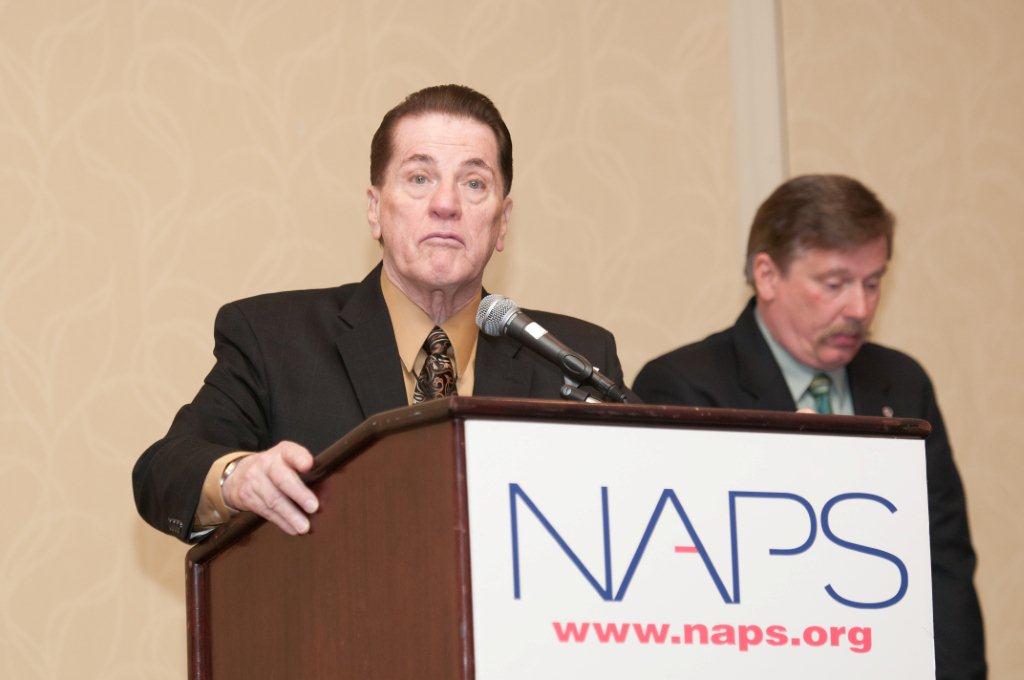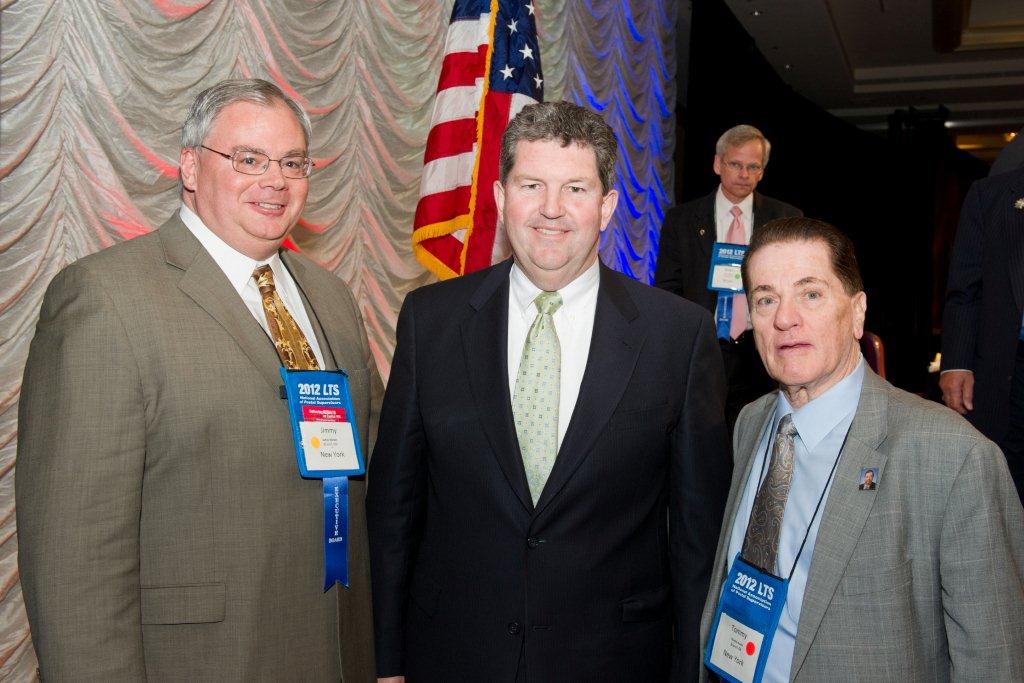OP-ED COLUMNIST
Free The Post Office!
By JOE NOCERA
848
5/19/2012
The New York Times
English
Copyright 2012 The New York Times Company. All Rights Reserved.
In the short run, it’s not all that difficult to figure out how to stanch the bleeding at the United States Postal Service.
True, its losses seem downright scary. In just the first half of this year, it reported losses of $6.5 billion, more than double the loss for the first two quarters of 2011. That’s on top of the $25 billion it has lost over the past five years — not to mention the $21 billion it expects to lose by the year 2016 if nothing changes.
On the other hand, its pension is overfunded to the tune of around $11 billion. It is also required by law to make an annual payment of nearly $5.5 billion to prepay for health benefits for future retirees, a mandate imposed on no other company — or government agency — in America. Simply ending that onerous prefunding requirement and reclaiming the excess pension money would go a long way toward shrinking the losses.
It could also close money-losing rural post offices and outsource the work to the local general store. It could shrink its work force. It could end Saturday delivery. It could raise prices, which are among the lowest in the world. It could take steps, in other words, to get its costs under control, just like any other business grappling with red ink.
Even over the long haul, the Postal Service isn’t necessarily doomed to oblivion, as many critics believe. Everyone understands the basic problem: thanks to the rise of the Internet, first-class mail is in inexorable decline. Yet the Postal Service still generates more than $60 billion in annual revenue, and if you strip away the prefunding requirement, its ongoing operating losses are not crushing — at least not yet. Other businesses with a declining core product have been able to change business models and come roaring back. There is no good reason the post office couldn’t do likewise.
So why hasn’t it? The easy temptation is to blame the lack of progress on the unimaginative bureaucrats who run it, or on shortsighted unions. But that’s not really where the fault lies. With the aid of Evercore Partners, a respected Wall Street boutique, the Postal Service has put together a five-year plan that includes many of the above-mentioned steps, and offers a credible route to profitability.
The unions, meanwhile, aren’t shying away from acknowledging that the work force will have to shrink. ”Of course, you have to cut costs,” said Ron Bloom, a former Obama administration official who is advising the postal unions. ”That is not debatable” — though he also stressed the importance of finding new revenue.
Rather, the problem is that neither the management nor the workers really control the Postal Service. Even though the post office has been self-financed since the 1980s, it remains shackled by Congress, which simply can’t bring itself to allow the service to make its own decisions. It was Congress that insanely imposed the prefunding requirement in 2006. Laws restrict the post office’s ability to raise prices and cut costs. Over the years, when the post office wanted to get into new businesses, it was often prevented from doing so by Congress.
Even now, with a crisis approaching — the Postal Service simply doesn’t have the money to make the next prefunding payment, which is due in August — Congress can’t stop meddling.
Last year, the post office announced an ambitious cost-cutting plan, including the closure of 3,700 rural post offices, for potential savings of $6.5 billion. The Senate reacted by insisting on a six-month moratorium, during which it was supposed to come up with a bill that would fix the problems. It passed the bill, all right — one that grudgingly gives the post office a bit more wiggle room but also continues to tie its hands in a hundred different ways. (It does, however, eliminate the prefunding requirement.)
A parallel House bill, which has not yet reached the floor, would allow for rural post office closings — but only after they’d been vetted by a commission, similar to the way Congress allows the military to close bases. Meanwhile, the Postal Service is doing what it can. Last week, it unveiled a rural post office strategy that would only save it $500 million, and, just a few days ago, it said it would begin consolidating its big mail-processing centers. But, without legislation, there are severe limits to what it can do to save itself.
There is nothing ideological about fixing the post office. It’s not like the debt ceiling. The Internet notwithstanding, the country still needs a viable Postal Service. What is mainly required is for Congress to get out of the way and allow it to begin truly operating like a real business.
And if it can’t? If Congress can’t do this one, nonpartisan thing, then it’s worth asking whether it can do anything at all.
 ?
?


